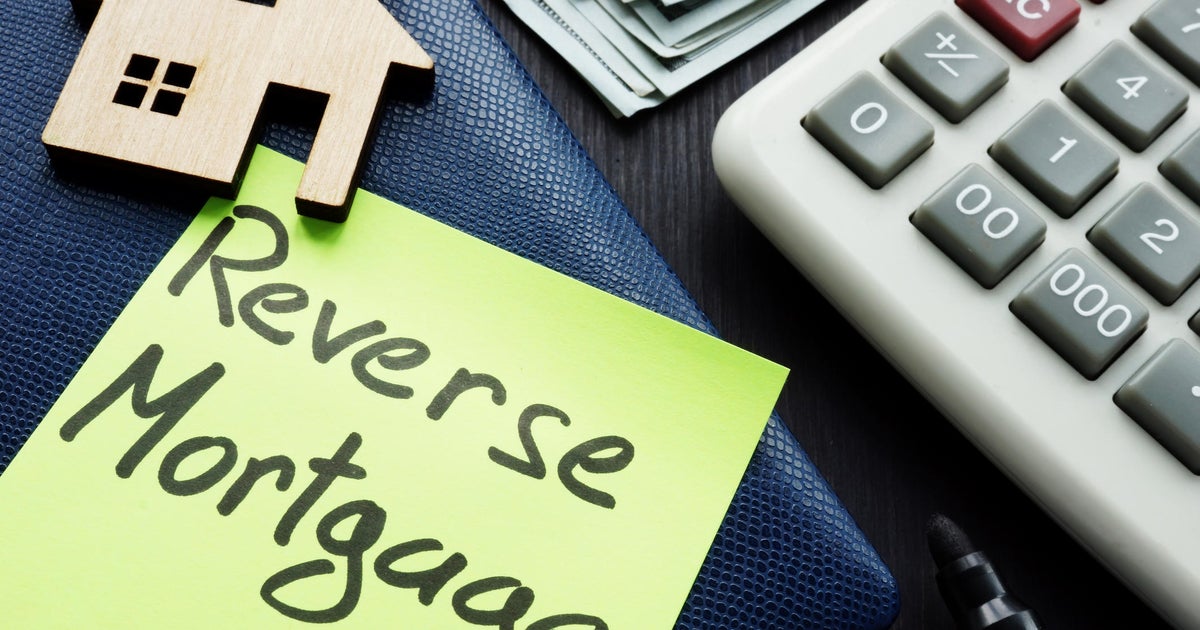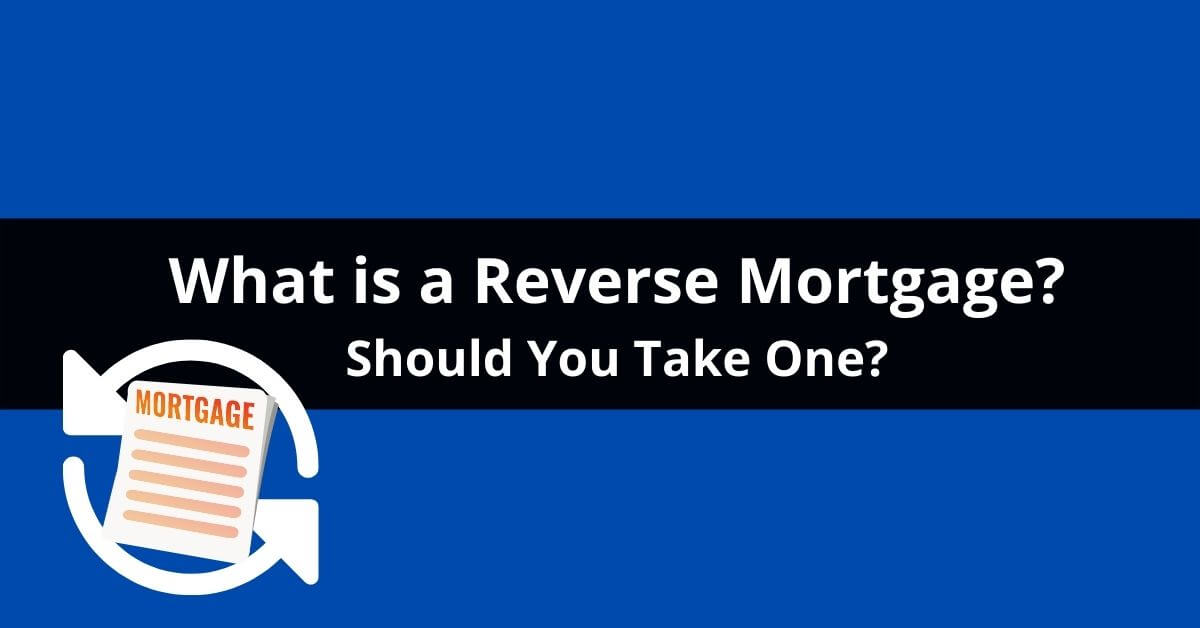Why More Homeowners Are Deciding to Purchase Reverse Mortgage
Why More Homeowners Are Deciding to Purchase Reverse Mortgage
Blog Article
Unlock Financial Flexibility: Your Guide to Investing In a Reverse Home Mortgage
Recognizing the details of reverse home loans is important for house owners aged 62 and older seeking financial liberty. As you consider this choice, it is crucial to understand not only how it works but additionally the effects it might have on your monetary future.
What Is a Reverse Home Mortgage?

The essential allure of a reverse home loan hinges on its prospective to boost monetary adaptability during retired life. Property owners can make use of the funds for various objectives, including medical expenditures, home improvements, or daily living expenses, therefore offering a safeguard during a critical point of life.
It is important to recognize that while a reverse mortgage enables raised money flow, it likewise lowers the equity in the home in time. As rate of interest gathers on the exceptional finance balance, it is important for prospective consumers to thoroughly consider their long-term monetary plans. Consulting with a monetary expert or a reverse mortgage expert can supply beneficial understandings right into whether this option aligns with an individual's monetary goals and scenarios.
Qualification Demands
Recognizing the qualification needs for a reverse home mortgage is vital for house owners considering this economic alternative. To certify, candidates need to go to least 62 years old, as this age requirement allows seniors to access home equity without month-to-month home mortgage payments. Furthermore, the house owner needs to inhabit the home as their primary home, which can include single-family homes, particular condos, and made homes fulfilling certain guidelines.
Equity in the home is another vital requirement; homeowners usually require to have a considerable amount of equity, which can be determined through an appraisal. The quantity of equity offered will directly affect the reverse home loan amount. In addition, candidates should show the capability to preserve the home, including covering real estate tax, home owners insurance policy, and maintenance prices, making sure the residential or commercial property remains in great condition.
In addition, prospective debtors must go through an economic evaluation to review their earnings, credit rating, and general financial circumstance. This analysis helps loan providers establish the applicant's capability to satisfy recurring responsibilities associated with the residential property. Meeting these requirements is vital for safeguarding a reverse mortgage and guaranteeing a smooth economic change.
Advantages of Reverse Mortgages
Various advantages make reverse mortgages an attractive choice for elders aiming to enhance their financial flexibility. purchase reverse mortgage. One of the main advantages is the capability to transform home equity right into cash without the need for regular monthly home loan repayments. This function enables senior citizens to gain access to funds for different requirements, such as clinical costs, home enhancements, or daily living prices, consequently relieving economic stress and anxiety
In addition, reverse home mortgages give a safety and security net; elders can remain to stay in their homes for as lengthy as they fulfill the funding demands, promoting stability during retired life. The profits from a reverse home loan can likewise be used to delay Social Security benefits, possibly leading to higher payouts later.
Furthermore, reverse home mortgages are non-recourse financings, suggesting that debtors will never owe greater than the home's worth at the time of sale, safeguarding them and their heirs from economic obligation. The funds gotten from a reverse home loan are generally tax-free, including another layer of economic relief. Overall, these advantages position reverse home mortgages as a useful remedy for senior citizens looking for to boost their monetary situation while preserving their cherished home atmosphere.

Expenses and Costs Involved
When taking into consideration a reverse home loan, it's crucial to recognize the different prices and fees that can affect the general economic picture. Understanding these costs is critical for making an informed decision regarding whether this economic product is best for you.
One of the main prices connected with a reverse mortgage is the origination fee, which can vary by loan provider however usually varies from 0.5% to 2% of the home's appraised worth. Additionally, property owners must prepare for closing prices, which might consist of title insurance policy, appraisal fees, and credit scores report fees, commonly amounting to several thousand dollars.
An additional considerable cost is home mortgage insurance coverage costs (MIP), which protect the lender versus losses. This cost is generally 2% of the home's worth at closing, with a recurring yearly you could try here costs of 0.5% of the staying car loan balance.
Finally, it's essential to think about ongoing costs, such as real estate their website tax, homeowner's insurance, and upkeep, as the debtor stays responsible for these expenditures. By carefully reviewing these prices and charges, house owners can better assess the monetary implications of seeking a reverse home loan.
Steps to Get Going
Beginning with a reverse mortgage entails several crucial steps that can assist streamline the procedure and guarantee you make notified choices. First, examine your financial situation and figure out if a reverse mortgage lines up with your lasting goals. This includes reviewing your home equity, current debts, and the requirement for added income.
Next, research study various loan providers and their offerings. Seek trusted establishments with favorable reviews, transparent charge frameworks, and affordable rates of interest. It's crucial to compare terms to discover the most effective suitable for your demands.
After selecting a lender, you'll need to complete an in-depth application procedure, which commonly calls for documents of income, properties, and residential or commercial property details. Engage in a counseling session with a HUD-approved counselor, who will offer insights into the implications and obligations of a reverse home loan.
Conclusion
To conclude, reverse home loans provide a feasible alternative for senior citizens looking for to enhance their financial security throughout retired life. By converting home equity into available funds, property owners aged 62 and older can deal with various financial demands without the pressure of month-to-month repayments. Recognizing the details of qualification, benefits, and associated prices is crucial for making notified decisions. Careful factor to consider and preparation can result in improved lifestyle, guaranteeing that retired life years are both safe and secure and satisfying.
Comprehending the intricacies of reverse mortgages is necessary for homeowners aged 62 and older looking for financial flexibility.A reverse mortgage is a monetary product made mainly for home owners aged 62 and older, enabling them to transform a portion of their home equity right into cash money - purchase reverse mortgage. Consulting with a financial expert or a reverse mortgage expert can give important insights right into whether this option lines up with a person's financial goals and conditions
Furthermore, reverse straight from the source home loans are non-recourse loans, implying that debtors will certainly never owe more than the home's value at the time of sale, securing them and their successors from financial liability. Generally, these advantages placement reverse mortgages as a useful option for elders looking for to boost their financial situation while maintaining their treasured home atmosphere.
Report this page